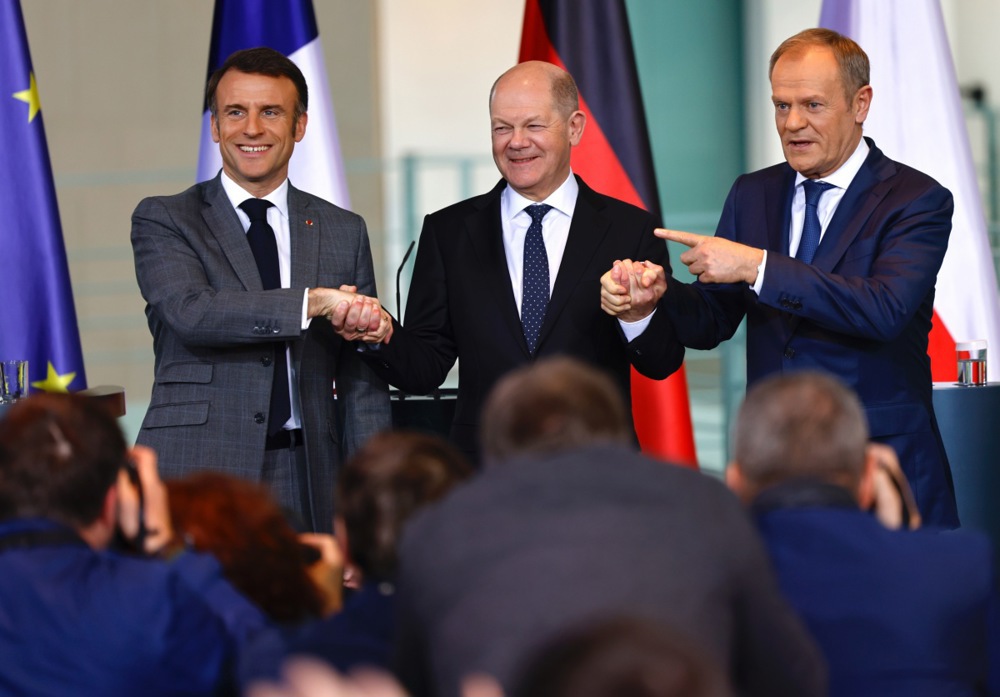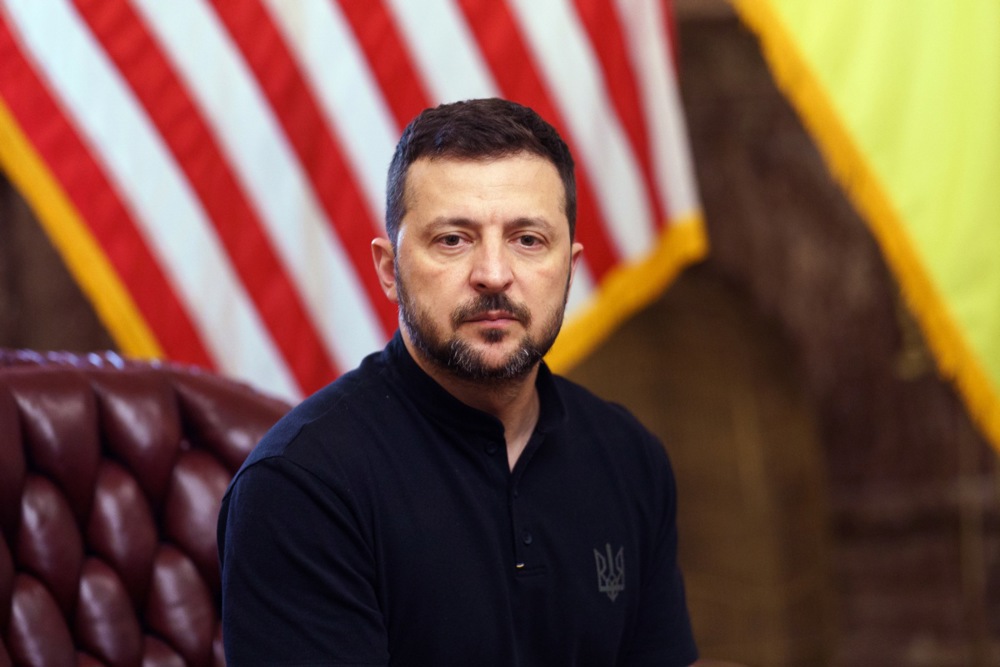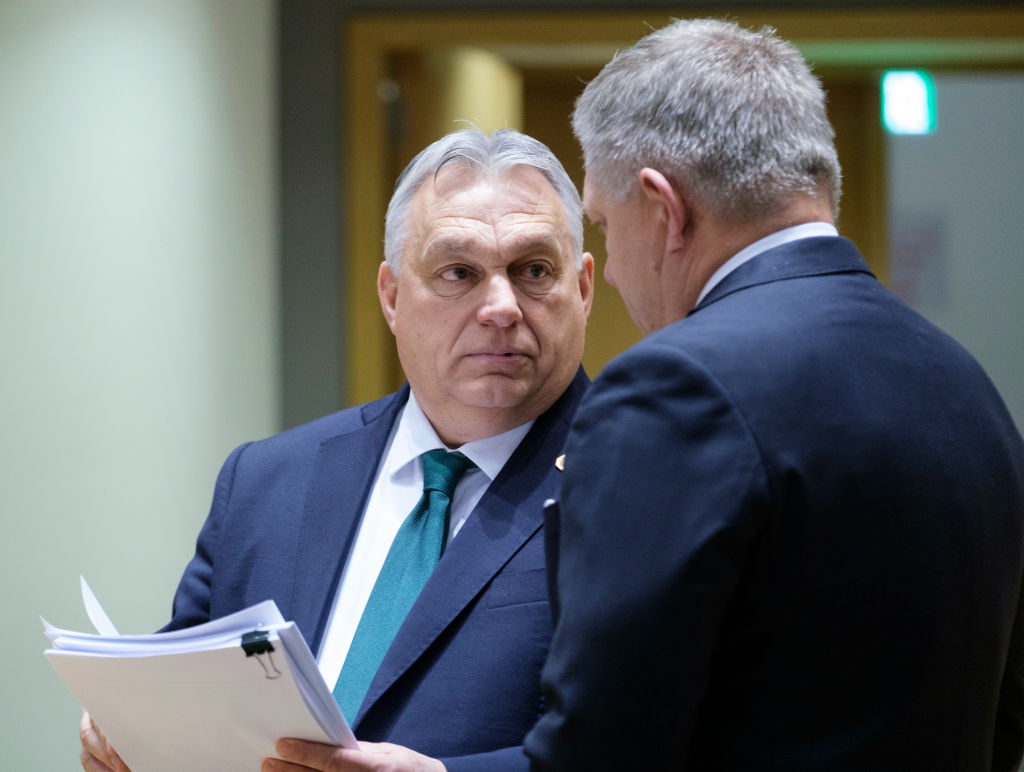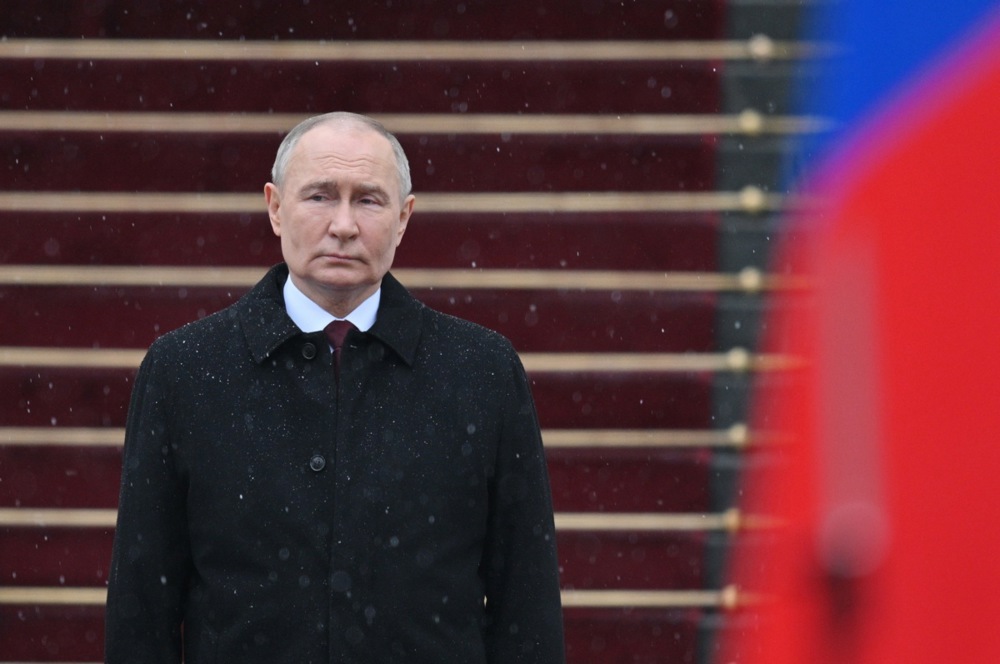New Prime Minister Keir Starmer will seek to reset Britain’s post-Brexit relationship with the European Union and reaffirm support for Ukraine in his role as host of a European forum on July 18 that brings together dozens of leaders.
Two weeks after winning a large majority in an election and fresh from his first international trip to NATO in Washington as prime minister, Starmer hosts the European Political Community (EPC) of more than 40 nations at Blenheim Palace, the birthplace of Winston Churchill, to build cooperation on border security.
The one-day meeting of a group set up after Russia’s invasion of Ukraine in 2022 provides Britain’s new leader another opportunity to push for closer defense cooperation especially before the possible election of Donald Trump, who suggests that Europe must do more to protect its own security.
European leaders generally welcomed Starmer’s defence cooperation plans, with Charles Michel, chair of the European Council of the EU’s national leaders, saying he was “confident that a new chapter could be opened with the UK”.
“On the EU side we are ready to cooperate much more with the United Kingdom,” he told reporters on arrival.
French President Emmanuel Macron said about Starmer’s election on July 4: “This is a great opportunity for a reset.”

Before the meeting, Starmer said the past should not define Britain’s future relationships: “That is why European security will be at the forefront of this government’s foreign and defence priorities, and why I am focused on seizing this moment to renew our relationship with Europe”.
“The EPC will fire the starting gun on this government’s new approach to Europe, one that will not just benefit us now, but for generations to come,” he said in a statement.
Starmer has been determined to reset EU ties after the 2016 vote to leave the bloc sparked years of rancour.
He has said he does not see Britain rejoining the single market or customs union in his lifetime.
At Blenheim Palace, the leaders are expected to express renewed support for Kyiv and to discuss energy security, safeguarding democracy and migration. Ukrainian President Volodymyr Zelenskiy thanked Britain for inviting him.
Jens Stoltenberg, the NATO secretary general who was invited to attend the EPC by Starmer’s predecessor Rishi Sunak, said a command of the military alliance to coordinate support for Ukraine would be operational in Germany from September.
Hungarian Prime Minister Viktor Orban, whose recent talks with Russian President Vladimir Putin drew a rebuke from other EU members, told reporters the solution to war in Ukraine would be found at the negotiating table, not the battlefield.

Starmer will take part in the migration working group and the Moldova Group to underline the country’s sovereignty and democracy in the face of Russian interference.
He will also champion a move to deploy staff to a new rapid returns unit to take control of national borders, trying to show that Britain is pressing on with preventing illegal entry by migrants, an election campaign pledge.
But perhaps most important to Starmer is the development of personal relationships with other leaders, something he says is essential to the way he works to get the best results.
He hosted Irish Prime Minister Simon Harris at his country residence Chequers on July 17 and will entertain French President Emmanuel Macron over dinner on Thursday. He will also have a number of bilateral meetings, including with Polish Prime Minister Donald Tusk.
“This meeting of European leaders is an opportunity to push on and begin delivering on the people’s priorities,” Starmer said.
US President Joe Biden warmly welcomed Britain’s new Prime Minister and Labour Party leader Keir Starmer at his first NATO meeting in Washington on the 75th anniversary of the transatlantic military alliance. https://t.co/N8LPz1iwmN
— Brussels Signal (@brusselssignal) July 11, 2024





